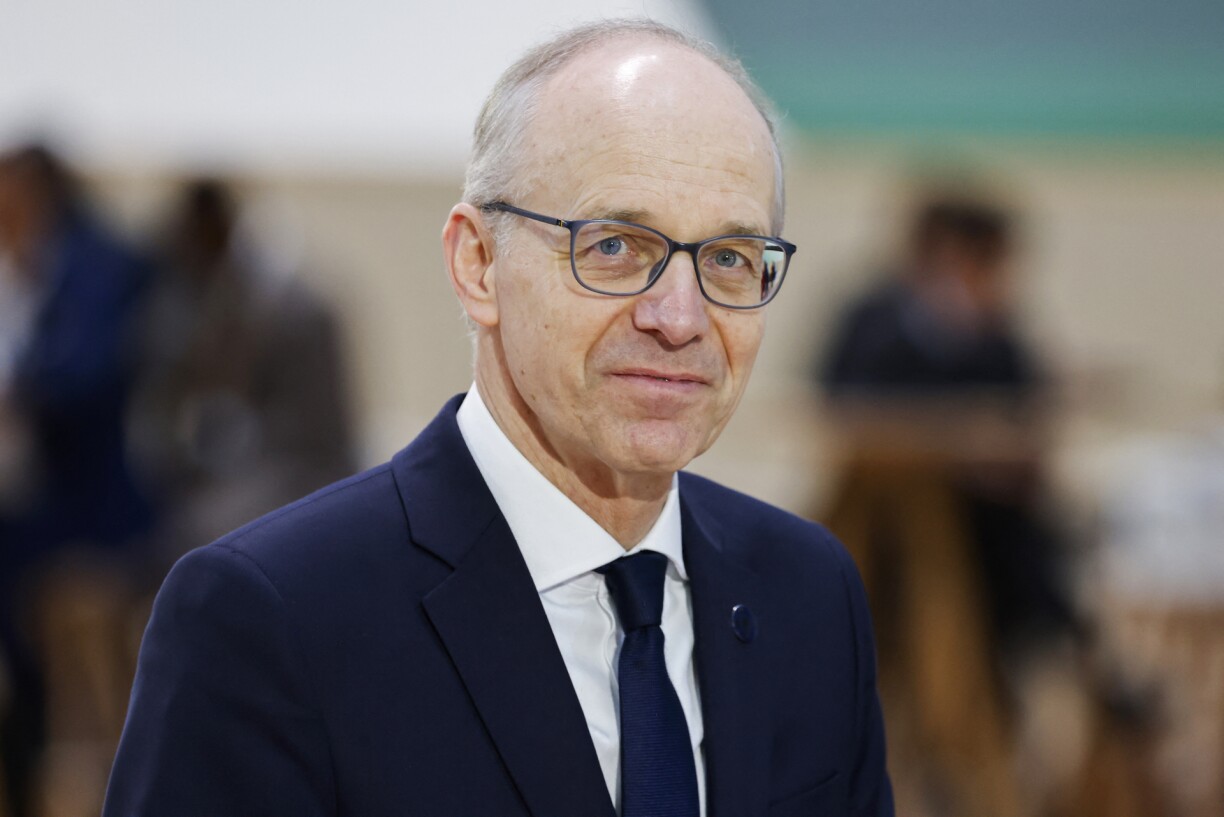
On Monday, Prime Minister Luc Frieden addressed members of Luxembourg’s Parliamentary Foreign Affairs Committee, following a high-level summit on the situation in Ukraine held in London the previous day.
The summit, initiated by UK Prime Minister Keir Starmer, brought together Ukraine’s major supporters, except for the United States. At the end of the meeting, participants agreed that the UK and France would draft a plan for a one-month ceasefire, which they hope will gain US backing.
Following his briefing to MPs, Prime Minister Frieden refrained from commenting on the UK and France’s proposed ceasefire plan. He emphasised that he had not participated in Sunday’s summit and preferred to await the outcomes of the upcoming EU summit on Thursday, where Ukrainian President Volodymyr Zelensky is expected to speak.
When questioned whether Luxembourg could potentially act as a mediator in the Ukraine conflict, Frieden acknowledged that countries with “larger armies and significantly higher budgets,” such as France and the UK, are in a “different position” compared to Luxembourg. He noted that Luxembourg is “already struggling” to meet NATO’s defence spending target of 2% of Gross National Income (GNI) and stressed that the country should prioritise achieving this goal. Nevertheless, Frieden highlighted his active engagement in diplomatic efforts, stating that he “spends a lot of time on the phone with other prime ministers.”
The Prime Minister also declined to comment on whether Luxembourg would join a potential “coalition of the willing”, adding that the Grand Duchy has “not been asked so far”. Frieden reiterated the importance of Europe investing more in its defence capabilities while ensuring that other policy areas are not neglected.
MP Sam Tanson, spokesperson for the political faction of the Green Party (Déi Gréng), echoed concerns about the significant defence challenges facing Europe. She emphasised that the continent can no longer rely on the United States to the same extent as in the past. Tanson stressed the need for increased European defence spending. However, regarding the possibility of sending troops to Ukraine, she noted that Luxembourg is unlikely to be directly involved, as this issue primarily concerns larger nations. Tanson also highlighted the many uncertainties surrounding this topic.
MP Franz Fayot of the Luxembourg Socialist Workers’ Party (LSAP) similarly warned that Europe must prepare for a decline in US support. Fayot criticised the Luxembourg government for what he described as naivety, suggesting that it has yet to fully grasp the urgency and potential dangers ahead. He pointed to ongoing statements within the government, such as “we need the Americans” and “we mustn’t offend the Americans now”, as evidence of this mindset. While Fayot acknowledged the American people as friends of Europe, he sharply criticised the current US government, stating that it is “most certainly not a friend of ours.”
Fayot commended European leaders for recognising the shifting dynamics, a perspective he believes was evident during the recent London summit.